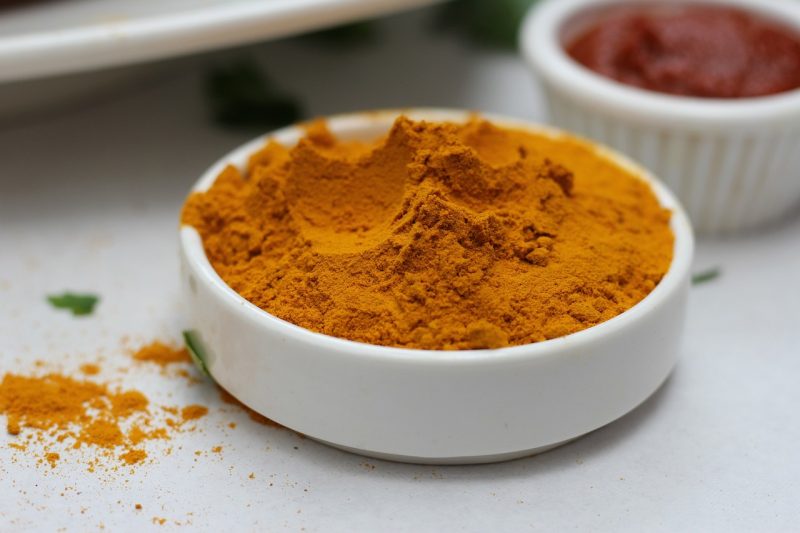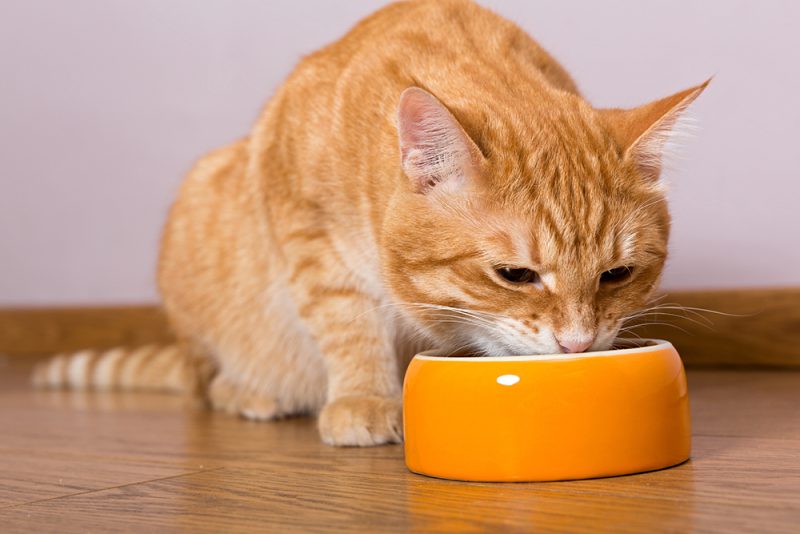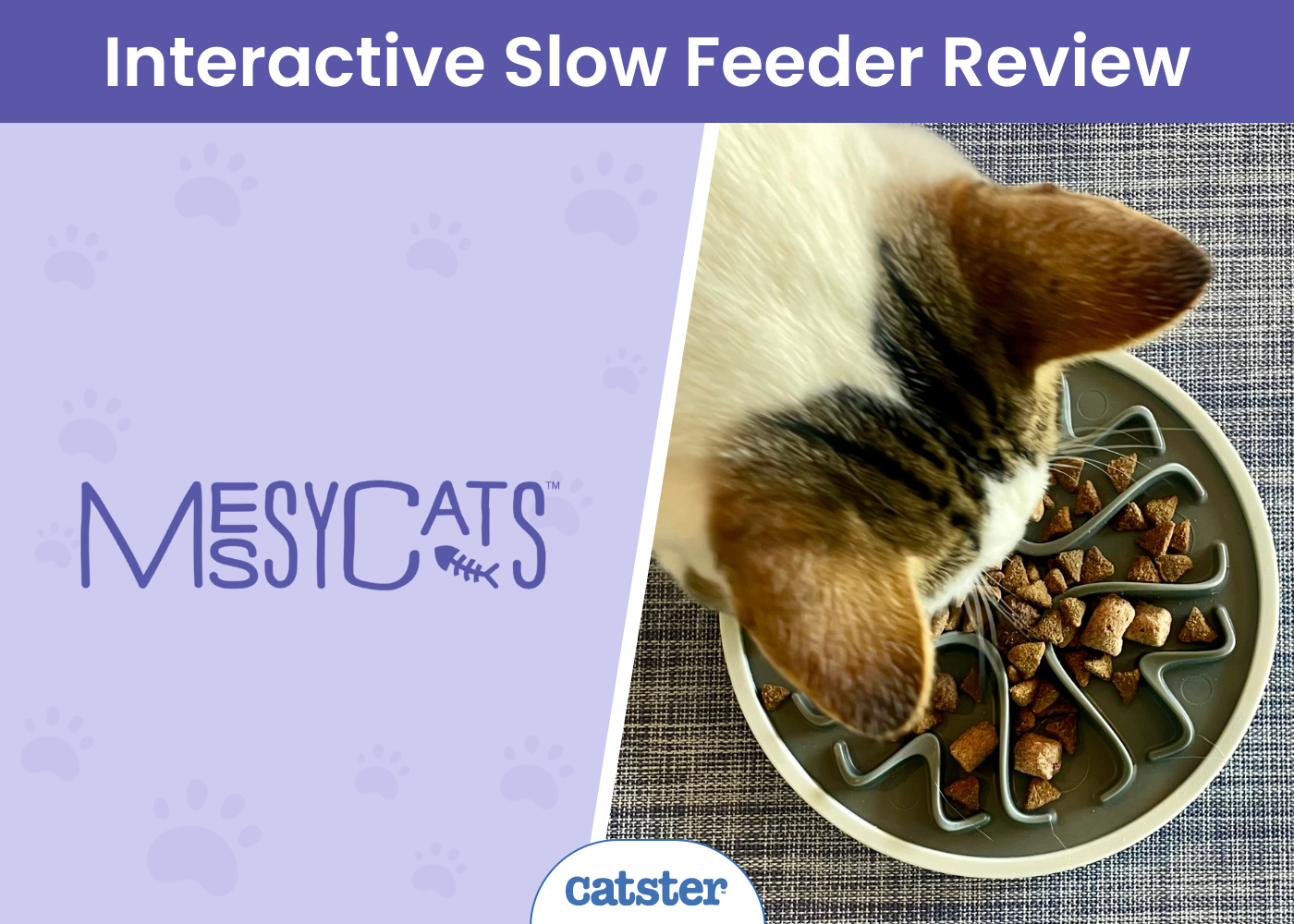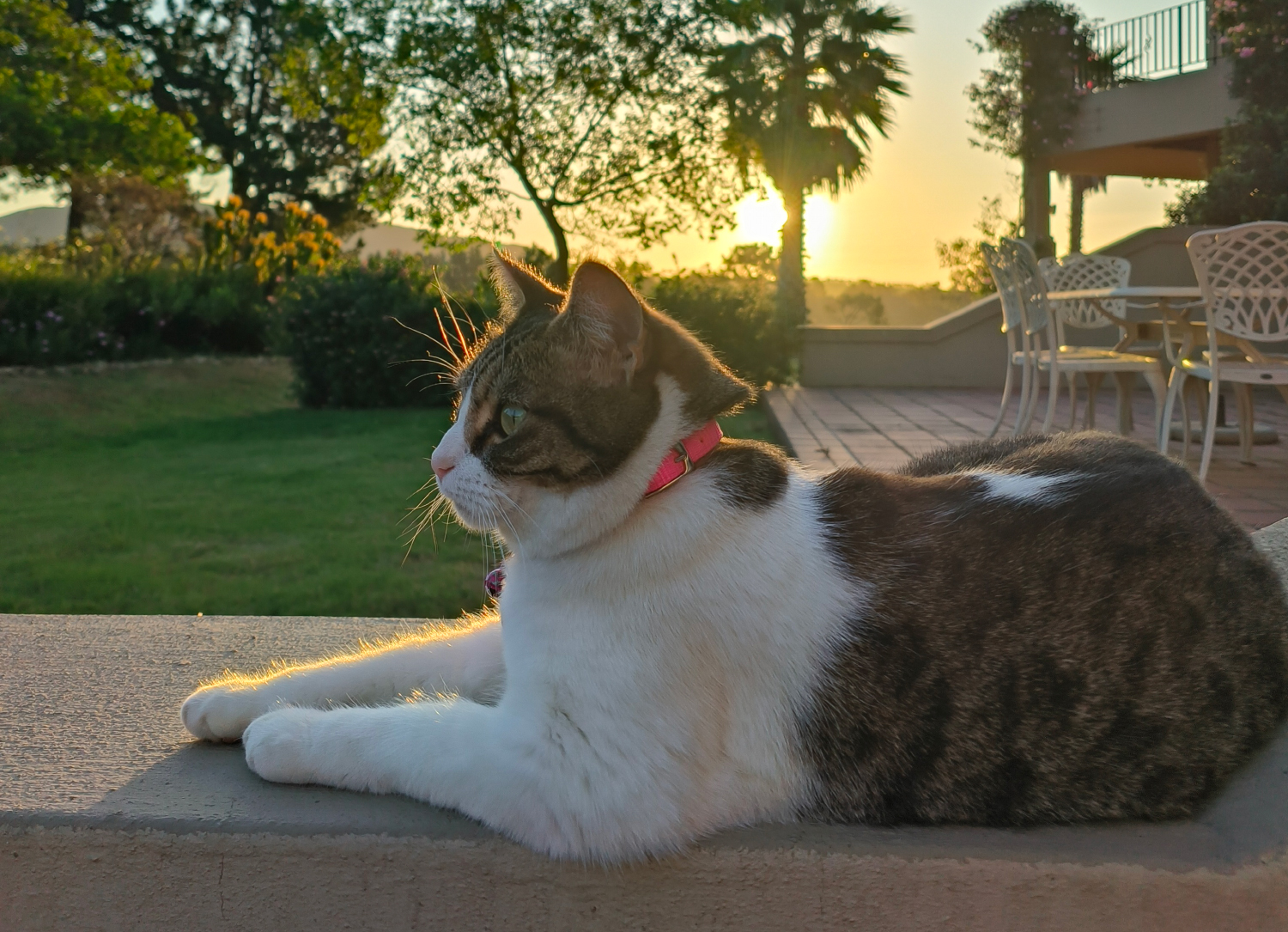Click to Skip Ahead
Cats may be carnivores, but they sometimes like to munch on plant foods like carrots and bananas. They might snatch our almost-finished muffin from the table when we are not looking. They might even scrounge around in the garbage to find table scraps when you are not home. If you’re like most cat owners, you try to keep “people food” away from your cat in fear that something that they eat could be dangerous or unhealthy for them.
But some people food is good for cats and can be offered to them as part of a healthy overall diet. You may have heard that turmeric is good for your cat. So, can cats eat turmeric? Is it healthy for them? Yes, cats can eat a little turmeric! It may be beneficial for them like it is for us. Here is more information you might be interested in.

The Benefits of Feeding Turmeric to Cats

Turmeric has been used for thousands of years and is an integral part of Ayurvedic and Chinese medicine. It also is added to various foods for color and flavor. An active ingredient in turmeric is called curcumin, which is thought to harbor most of the health benefits of this spice. Turmeric could be beneficial to cats in a variety of ways.
Despite many studies into the benefits of turmeric in humans there are very few studies into the benefits of turmeric for cats. Many of the benefits proposed are extrapolated from those which humans report when taking turmeric or are anecdotal. Turmeric has low bioavailability by itself and so is not absorbed and utilized well in the body. It is usually combined with botanicals that help to improve the bioavailability such as piperine, a black pepper extract.
Turmeric is shown to help control inflammation in cats that is due to obesity. It can also help relieve the pain associated with inflammation.
There is also work looking into the antiviral properties of turmeric in cats.
The use of turmeric in a topical application showed promise for head and neck dermatitis in cats.
- It may help with arthritis
- It may help with inflammation
There are a myriad of other anecdotal reports of ways that turmeric can benefit your cat such as dementia, tumors, and bowel disease. We would always recommend discussing supportive or alternative treatments with a veterinarian before starting their use, as turmeric can interfere with the way that many medicines work.
How to Feed Turmeric to Your Cat

Turmeric comes in a powder form, so it is typically utilized as a seasoning. Only a little is necessary. Dr. Doug English reports that you can sprinkle an ⅛ to a ¼ of a teaspoon on their regular food, and your pet shouldn’t have a problem consuming it. Supplements are also available but their contents are not tightly regulated.
You can add turmeric to homemade cat treats or dip things like bananas into a bit of turmeric before offering the food as an occasional treat.
However, it is important to talk to a veterinarian before letting your cat eat turmeric. They will help you understand how much turmeric your cat should consume at any given time to avoid developing side effects. Turmeric is thought to have anticoagulant properties and so should not be used before surgery or with blood clotting disorders.
If you need to speak with a vet but can't get to one, head over to PangoVet. It's an online service where you can talk to a vet online and get the advice you need for your pet — all at an affordable price!


Other Herbs and Spices That Are Healthy for Cats
In addition to turmeric being good for cats, there are a variety of other herbs and spices that you can offer to your cat occasionally that are thought to help support their health. Here are other herbs and spices that your cat can eat:
- Ginger
- Catnip
- Dandelion Root
- Chamomile
- Valerian
These herbs and spices should be used like turmeric: sparingly. Just a small amount added to a meal or included in a snack or treat a few times a week or under guidance from a veterinarian.

Final Thoughts
Cats can eat turmeric occasionally, just like humans can, for the chance to gain health benefits as time goes on. There are other herbs and spices that cats can eat too, but it is always a good idea to check with a veterinarian before offering your kitty a new herb or spice as part of their diet.











My cat that has FIV just recently Started Having what I believe to be allergy problems. I just feed him blue buffalo with No grains. I wonder if turmeric would help him. For two years now he said cold breast flaxseed oil on his food, but he refuses to eat it now.
Hi P.West, sorry to hear that you see some concerning signs in your cat. It would be best if you go through the details of your cats' signs and the specifics of the case with a certified veterinarian at www.pangovet.com. They will be able to advise you on the best next steps.
Great article. Is bark and whisker pet brand of curcumin good to try, it does not have black pepper though? Might this help with feline asthma inflammation?
Hi Jo, we are happy to learn you enjoyed the article. Turmeric is mixed with pepper to activate or boost its effects. Turmeric is known to attenuate inflammation of the airway in laboratory animals it may have the same effect in cats, but there are no scientific studies to prove it; you need to consult your veterinarian.